Perovskites have been discovered to be a cheap alternative for Faraday rotators.


Perovskites have been discovered to be a cheap alternative for Faraday rotators.

For the UK to make headway with its ambitious Absolute Zero plan, it calls for an administration that understands the subject and what is needed for its success.

Flight altitude changes of just 2000 feet could lessen their effect could minimize the harmful effects of aircraft contrails.

Researchers find one more piece in the puzzle of ancient ecology.
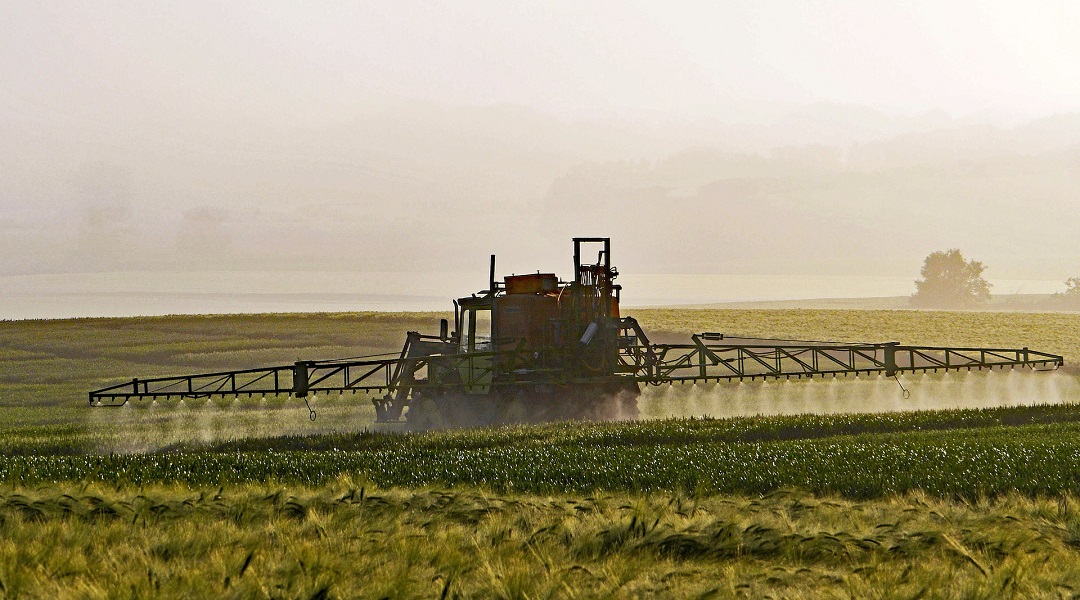
Scientists have developed a new method to clean atrazine from drinking water using a new photo-sensitive material and sunlight.

There is a flooding catastrophe awaiting California — not only in the Sacramento Delta, but in the Los Angeles region.
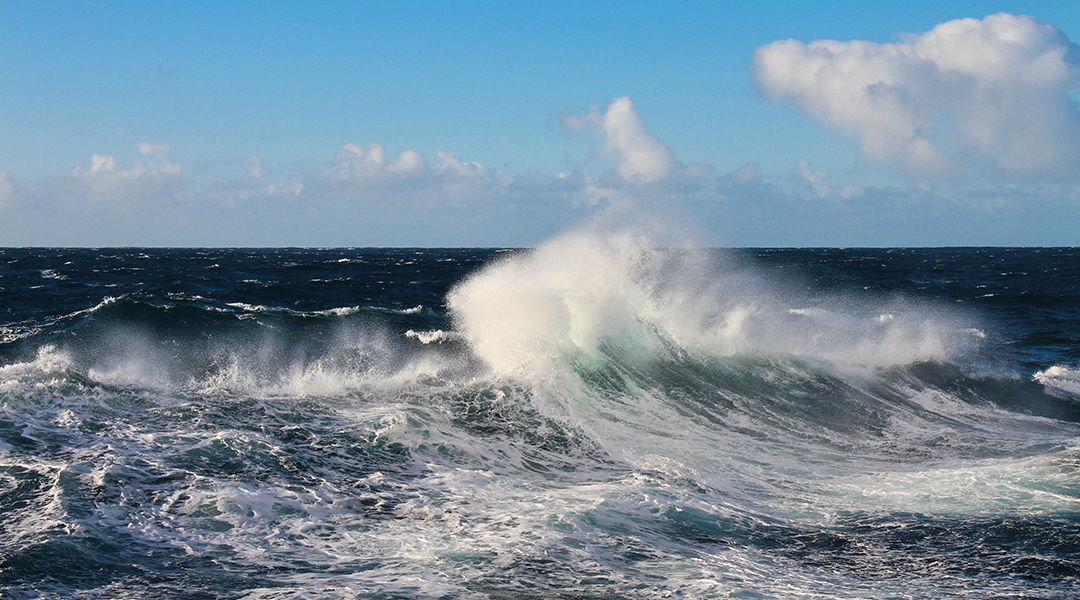
Toward better climate predictions using the ocean as the atmosphere’s memory.
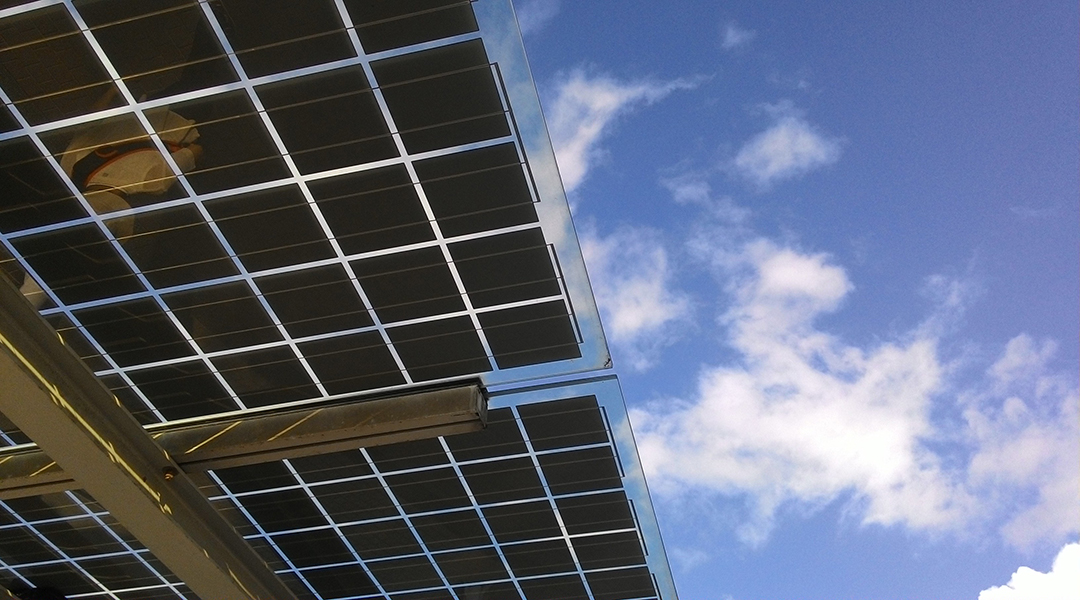
A new material shows great potential with an impressive theoretical maximum conversion efficiency of 38% in a perovskite/Si tandem solar cell architecture.
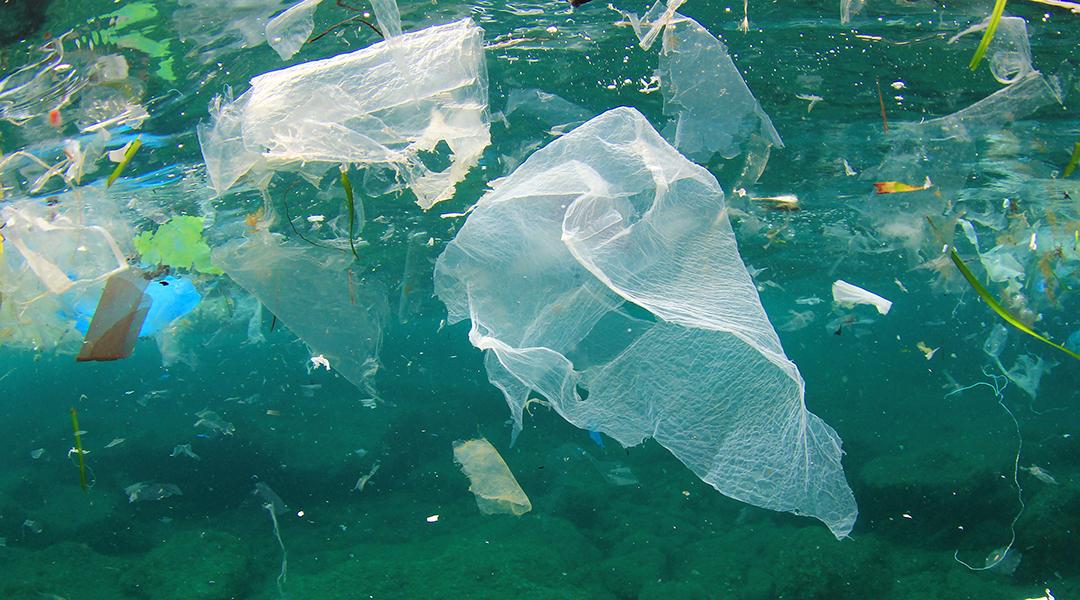
A new approach combines 3D coherent imaging with machine learning to detect microscale microplastics in filtered water samples.
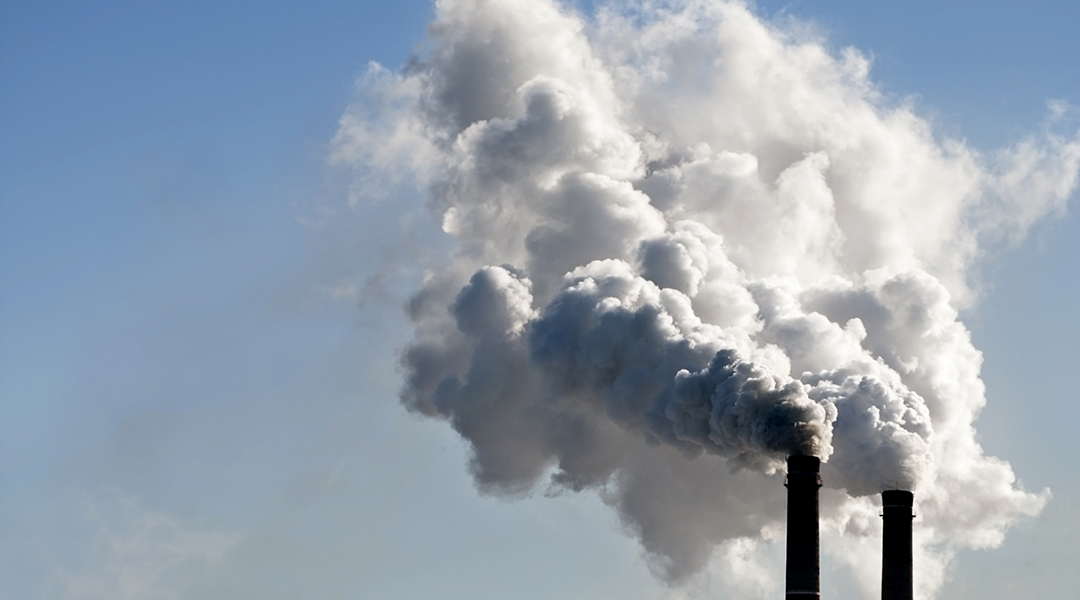
Global warming: a collision of science, economy, and politics. Could finance be the key?